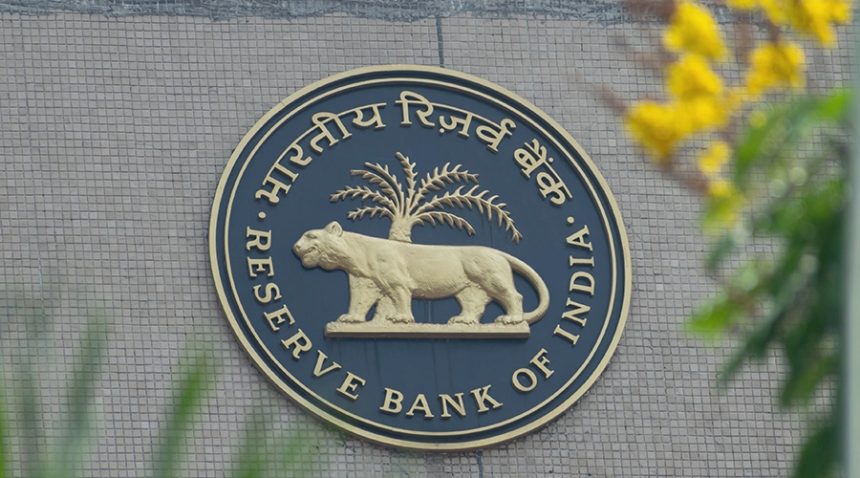RBI and Indian banks are building a real-time fraud detection platform as digital payment frauds triple to Rs 36,014 crore in FY25.
Reserve Bank of India (India) (RBI) is collaborating with major banks in the public and private sectors to prepare the Digital Payment Intelligence Platform (DPIP). With this platform, the real-time transfer of data will be made possible leading to an increase in fraud detection during digital transactions. The move forms part of the RBI’s plan to enhance financial cybersecurity infrastructure within the banking system.
The Reserve Bank Innovation Hub (RBIH) has commenced constructing a prototype of the DPIP. Five to ten banks, including public and private banks, are involved in the project. During a recent meeting, RBI officials and high-ranking bank executives agreed on the platform’s structure. The decision aligns with a significant increase in online fraud recorded during the previous fiscal period.
The RBI’s annual report suggests that bank frauds increased to Rs 36,014 crore in FY25, compared to Rs 12,230 crore during FY24. The fraud in the banking industry itself was 25,667 crore only in public sector banks, indicating a need for a synchronized effort in preventing fraud. It is hoped that the DPIP will support institutions in reacting quickly and effectively.
Telecom Companies Propose Shared Tools to Block Fraudulent Domains
Airtel has proposed establishing a shared pool of fraudulent domains for more than 40 banks, the Reserve Bank of India (RBI), and the National Payments Corporation of India (NPCI). The idea is to enable institutions to filter out malicious websites before their visitors have a chance to visit them. This may help prevent cybercrime at the entry point. Another challenge that Airtel has expressed is over-the-top (OTT) messaging applications.
Rigid regulatory regimes do not cover them, and many of these services have become centers of scam in campaigns. The Vice Chairman of Airtel, Gopal Vittal, also requested that banks and telecom companies cooperate more diligently, as this could improve fraud response. After this suggestion, Airtel started negotiations with Jio and Vodafone Idea. These hearings aim to build a broader coalition to support the detection of fraud and consumer protection. The involvement of the telecom industry can strengthen early-warning systems.
Growing Cybercrime Complaints Underscore Urgency for DPIP
During the same period in 2024 (the first nine months), India recorded more than 1.7 million complaints of cybercrimes, resulting in losses exceeding 11,000 crores. As fraud tactics have become more advanced, the DPIP focuses on speeding up fraud detection and reducing potential financial losses.
The initiative is part of a broader movement towards the proactive deployment of cybersecurity efforts. Regulators and bankers consider DPIP to be a means of securing India’s future payment system structure.





